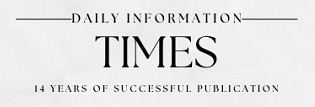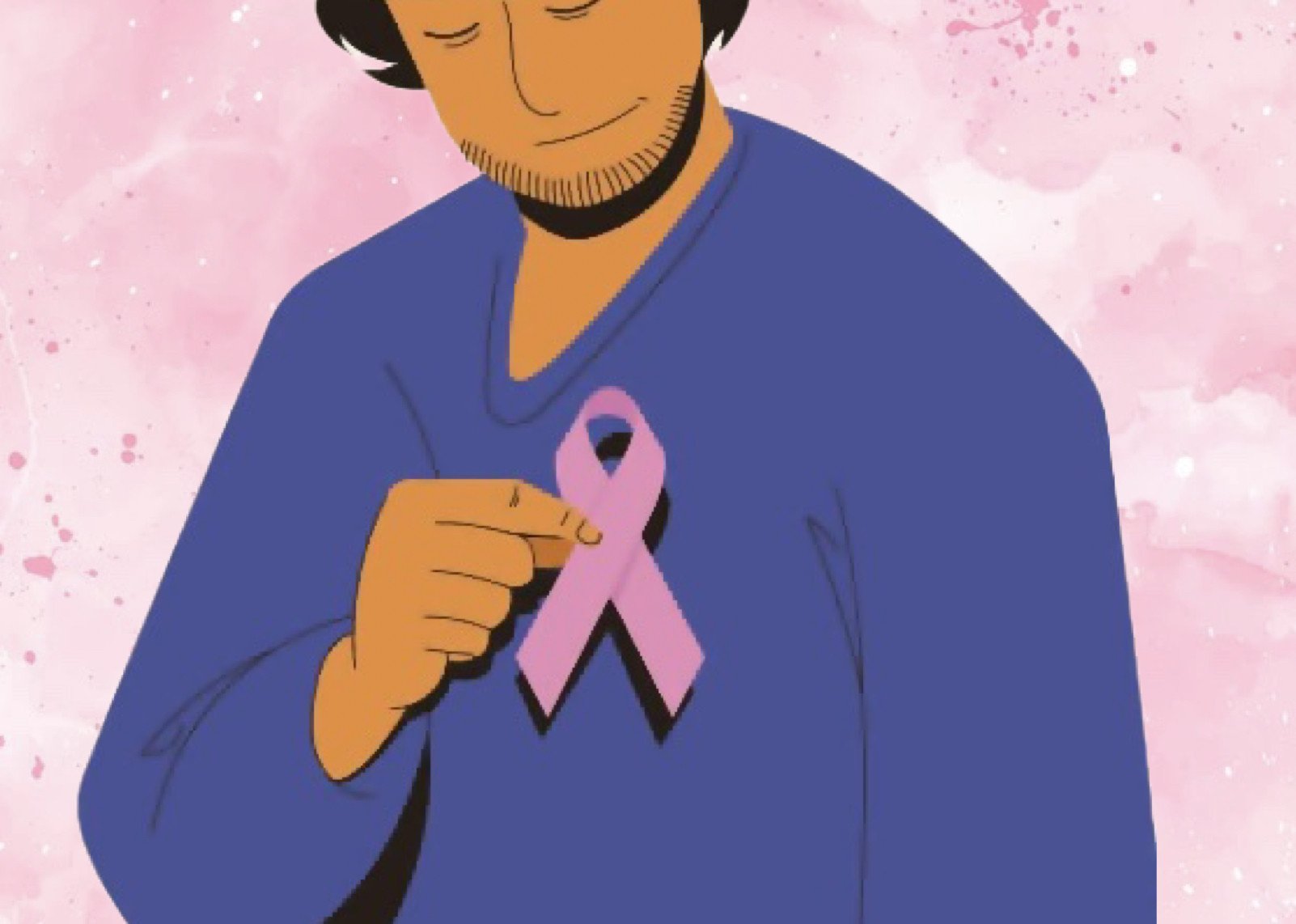Even as we’re riding the tail end of Breast Cancer Awareness Month and informational campaigns fill the airwaves aplenty, misconceptions about breast cancer cling to people’s minds, providing them with a temporary shield of comfort.
Breast cancer is perhaps unique in its associations, often sparking discussions around femininity, identity, and disfigurement. I spent a summer at a reputable hospital interviewing patients and publishing their stories, many of the cases being breast cancer. For these women, the thought of a mastectomy — a potentially lifesaving surgery to remove the breast and the disease — carries with it concerns about body image and self-worth.
Diagnosed women can’t help asking their husbands, “Will you still love me if I lose my breasts?” Usually half-joking, but the question is also more of a reassurance. Still – does a wife asking a husband that specific question result from a kind of primordial sexism? The association of femininity and breast cancer is pernicious, because it genders the disease. It implies that our womanliness is diseased, not our bodies.
Not only women
One of the more – if not most – persistent myths about breast cancer is that it’s exclusive to women. This assumption often leads men to overlook warning signs and delay seeking medical advice. “I found out accidentally,” says Faheem Abbas, who was diagnosed with breast cancer earlier this year. “I started lifting weights and noticed I was only developing muscle on the left side, and that there was pain on the right side,” he explains. “I then noticed an abrasion on my right breast and showed my wife who also felt a lump. After a biopsy, it was clear it was stage two cancer.”
The idea that breast cancer is a women-only issue is archaic, and it leaves men feeling blindsided when it strikes. “I was in denial,” revealed Abbas. “You hear of women’s breast cancer a lot, but you never hear of men until someone you know comes along.” Just because something is uncommon doesn’t mean it’s not possible.
A study from the National Cancer Registry revealed that out of 269,707 cancer patients in the country who were analysed, with both genders combined, breast cancer was the most common. We all have breasts, and cancer doesn’t care how uncomfortable the conversation makes us. “There’s absolutely no shame in it,” Abbas adds as a message to other men, rejecting any stigma attached to the diagnosis.



No comment